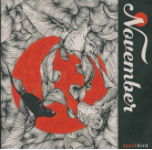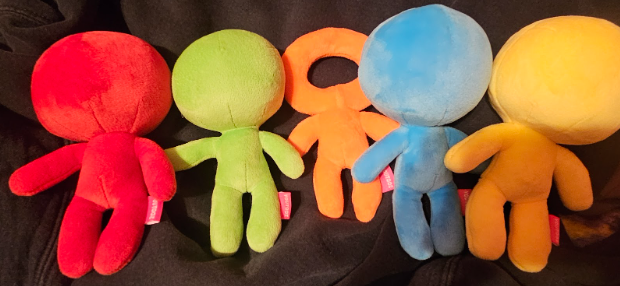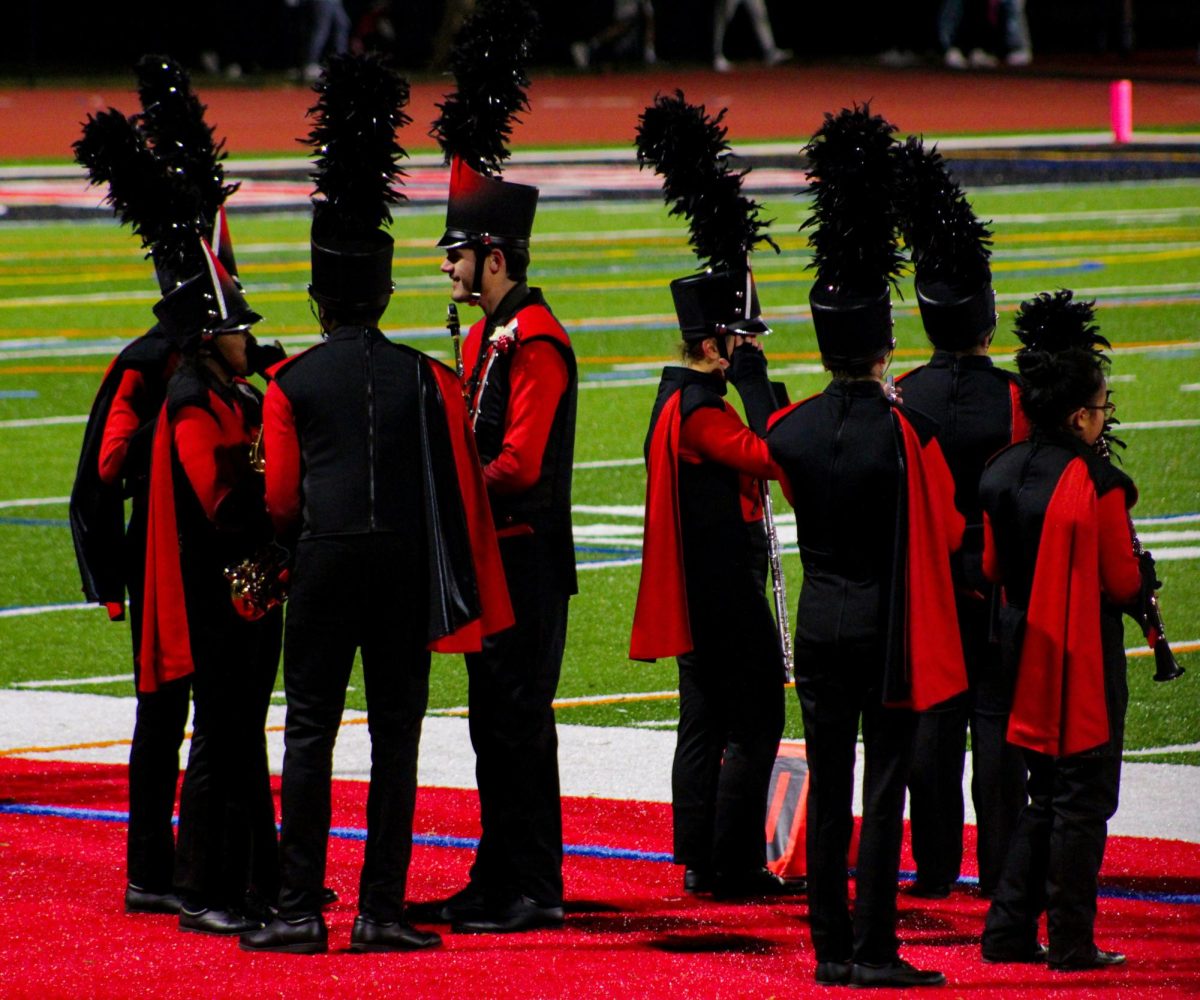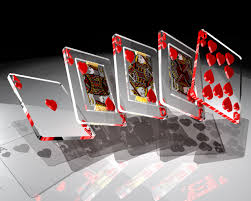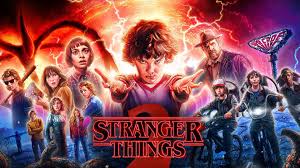At the Game Awards in 2024, there was one indie game that stuck out from the other Game of the Year nominations, as a lot of people had never heard of it before. Although it didn’t win the award itself, it made many people, myself included, interested in that mysterious game with a funny-looking mascot. Balatro received critical acclaim from critics (the few who played it) and by January 2025, likely due to its appearance at the Game Awards just a month prior, it had sold 5 million copies. The name ‘balatro’ comes from the professional jesters or buffoons of Ancient Rome.
Balatro is a single-player rogue-like deck-builder game revolving around playing poker hands and amassing points in the form of poker chips. To the uninformed, the game-play of Balatro looks almost alien. The game-play itself is simple in nature, but it sounds complicated when put into words. At the beginning of each run, players are given a standard deck of playing cards and a point threshold. Certain types of poker hands generate different point values, depending on the rank of the hand. After each point threshold, called a ‘blind’, is cleared, a reward for clearing the blind is given in the form of money, which can then be exchanged for items at the shop, which appears between blinds.
The shop contains several different types of cards: Jokers, Planet, Spectral, and Tarot. Tarot and Spectral cards affect the deck itself, and Planet cards will upgrade the point values of hands played. However, Jokers are the core of the deck-building game-play. There are tons of Jokers, all with their own effects that are meant to increase the player’s score in their own ways. Some outright increase the score, some give money, some encourage specific hands to be played, and some can even destroy other cards.
Balatro is a difficult yet very engaging game, and I have had a lot of fun with it. The game-play changes with every run, and it feels rewarding to create a deck build that works well.















